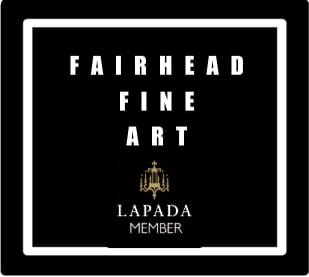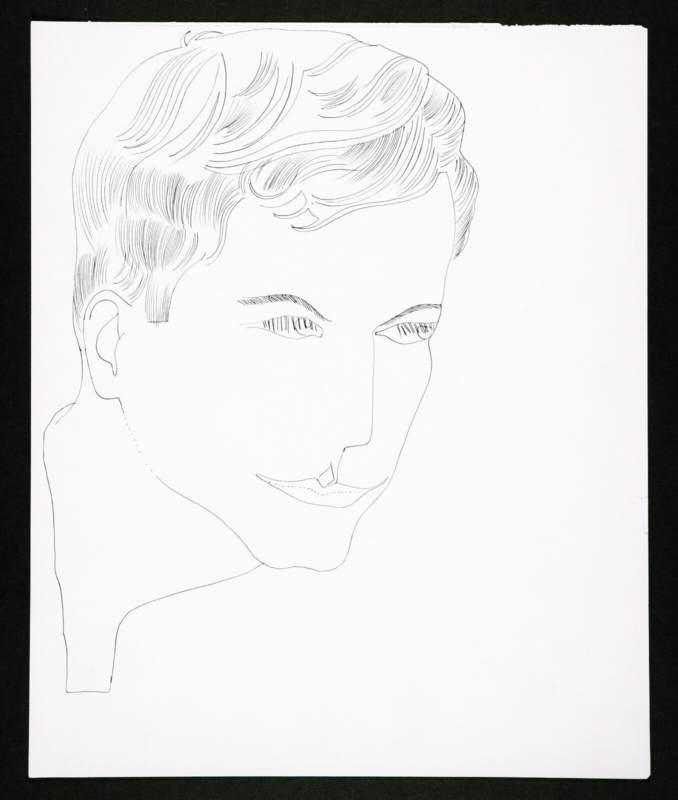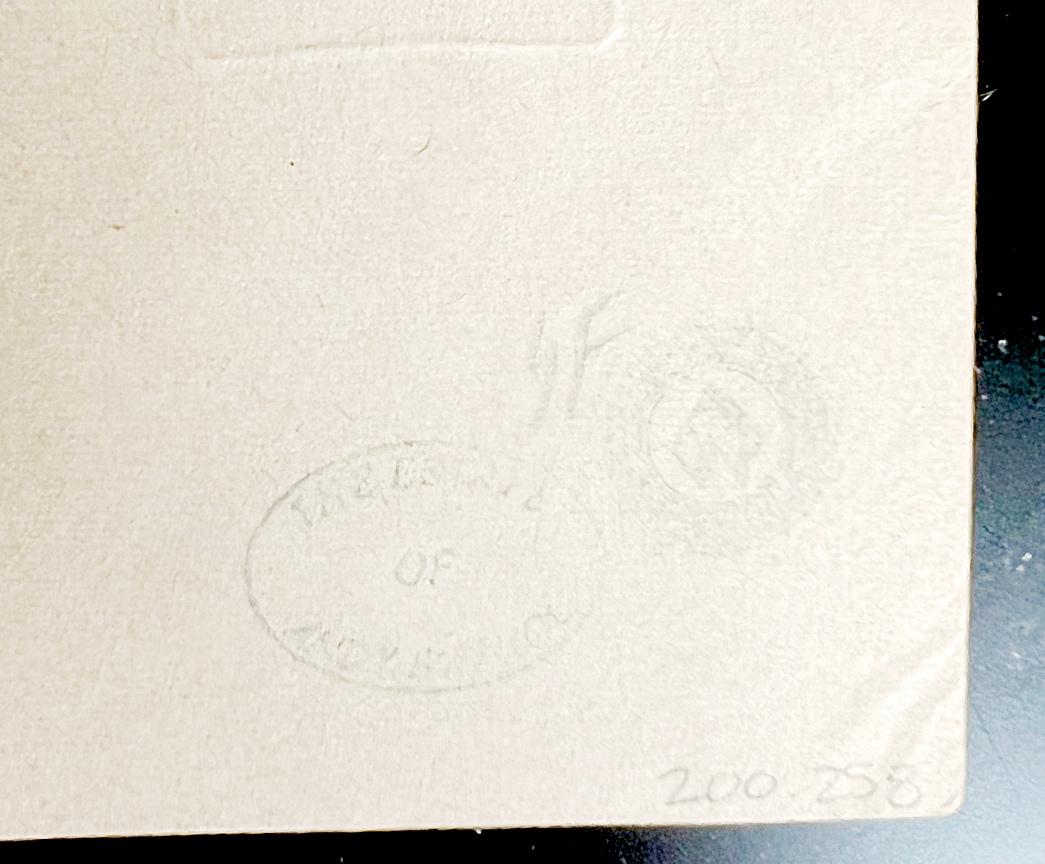Andy Warhol - Portrait of a Young Man
£ 0.00
Original line drawing, black ball-point on tan paper, circa 1950/59, an unsigned work, with Warhol Foundation archive numbers verso
Authenticity : This comes with a certification of provenance from the Andy Warhol Foundation for the Visual Arts reference TOP200.258
Provenance: The Estate of Andy Warhol and thence , the Andy Warhol Foundation for the Visual Arts. Acquired from them directly.
Note: Long before his rise to the pinnacle of pop art, Andy Warhol created a series of seductive drawings celebrating male beauty. The book “Andy Warhol Love, Sex & Desire: Drawings 1950-1962” (a copy of which is provided gratis to the buyer of this piece) contains over 300 of these works, mostly done in ink on paper. The sheets show young men, some naked, some in sexually charged poses, others adorned with teasing black hearts. They hang around, flirtatiously flaunting their flawless bodies, or seem bored in the most attractive way. They rarely look in the direction of the attentive viewer, who concentrates entirely on their body shapes, erotic qualities and unforced sexuality. Warhol was already a successful advertising illustrator when he exhibited studies from this body of work in 1956 at New York's Bodley Gallery on the Upper East Side. The drawings should pave his way into the New York art scene, but he underestimated the prevailing homophobia at the time. Although he made more than a thousand of these elegant, seemingly effortless nude drawings, his original desire to publish them in a monograph was never completed. The volume is catching up on the project posthumously. In collaboration with the Andy Warhol Foundation for the Visual Arts, the most beautiful and striking images have been selected and published here for the very first time. Edited and with an introduction by Michael Dayton Hermann of the Warhol Foundation, the volume includes essays by Warhol biographer Blake Gopnik and art critic Drew Zeiba. Plus poetry by James Baldwin , Thom Gunn, Harold Norse, Essex Hemphill and Allen Ginsberg, creating moments of introspection and perfectly complementing the themes and moods depicted in the drawings. Stylistically, the drawings are reminiscent of the sketches by Jean Cocteau and even Matisse: highly condensed and very sure of the lines, yet with a stimulating freedom and looseness. This cunning voyeurism - even the most daring drawings contain a kind of whimsical humour and sense of wry detachment - would soon become a trademark of Warhol. His confident hand illustrates a variety of colourful characters, but also reveals much about this enigmatic artist himself.
Category Andy Warhol


